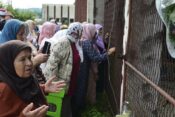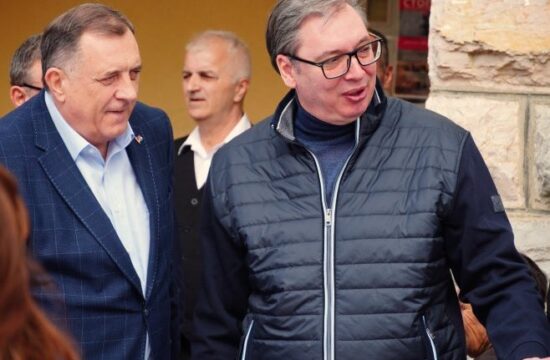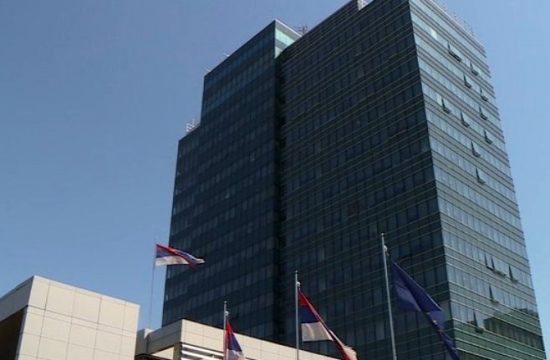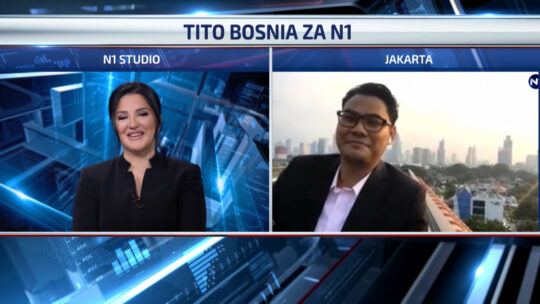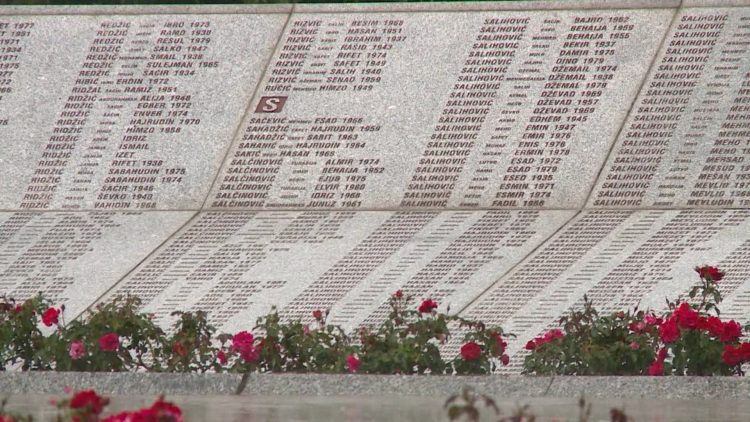
Twenty-two young participants of the Progressive politics in Western Balkan (ProgWeb) political academy, from across the Western Balkans, visited the Srebrenica-Potocari Memorial in Eastern Bosnia, on Saturday. The visit was organised by the Boris Divkovic Foundation with a goal of including the confrontation with the past, the culture of remembering and overcoming ethnic divisions and prejudice in political programs.
Head of the Podrinjka Association Mevlida Mehovic welcomed the young guests saying that Srebrenica usually remains empty after the July 11 commemoration of genocide victims, which lasts until the next anniversary.
“Today's visit of the young politicians from the region gives hope to the returnees that we won't be forgotten and left to fend for ourselves.
It gives us hope that young politicians can make our lives more beautiful and safer for future generations,” Mehovic added.
The academy participants saw a documentary about Srebrenica and war crimes perpetrated by the Republika Srpska Army in July 1995, with some of them saying they witnessed the loss of humanity.
The ProgWeb academy was organised by the BorisDivkovic Foundation from Sarajevo, in cooperation with the Olof Palme International Center and the Centre Party International Foundation.
Its goal was to connect young progressive politicians into a wider front for the fight for the peaceful, European and socially responsible Western Balkans.
In April 1993, the UN had declared the besieged enclave of the eastern Bosnian town of Srebrenica a safe area under UN protection.
However, in July 1995, the Dutch battalion soldiers failed to prevent the town's capture by the Bosnian Serb forces and the massacre that followed.
More than 8,000 Bosniak men and boys were killed in the days following July 11, 1995, and so far the remains of more than 6,600 have been found and buried.
The International Criminal Tribunal (ICTY) for the Former Yugoslavia and the International Court of Justice later ruled that the massacre was an act of genocide.

